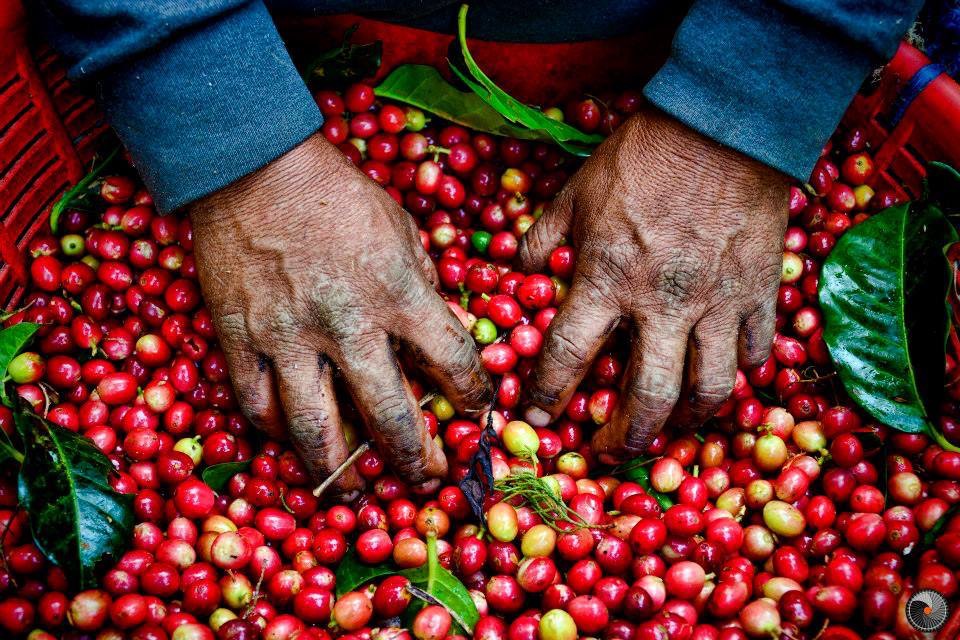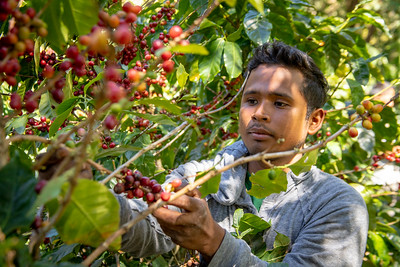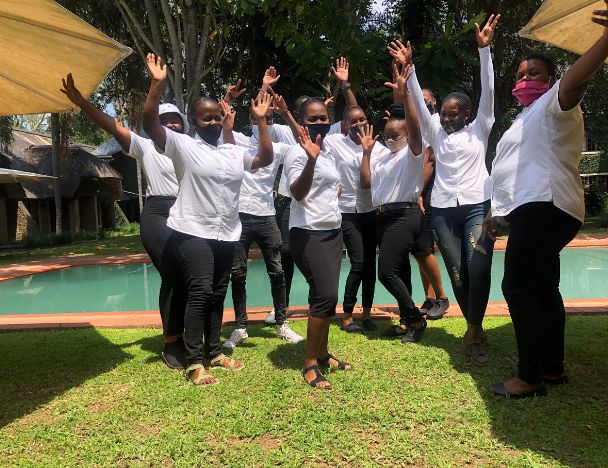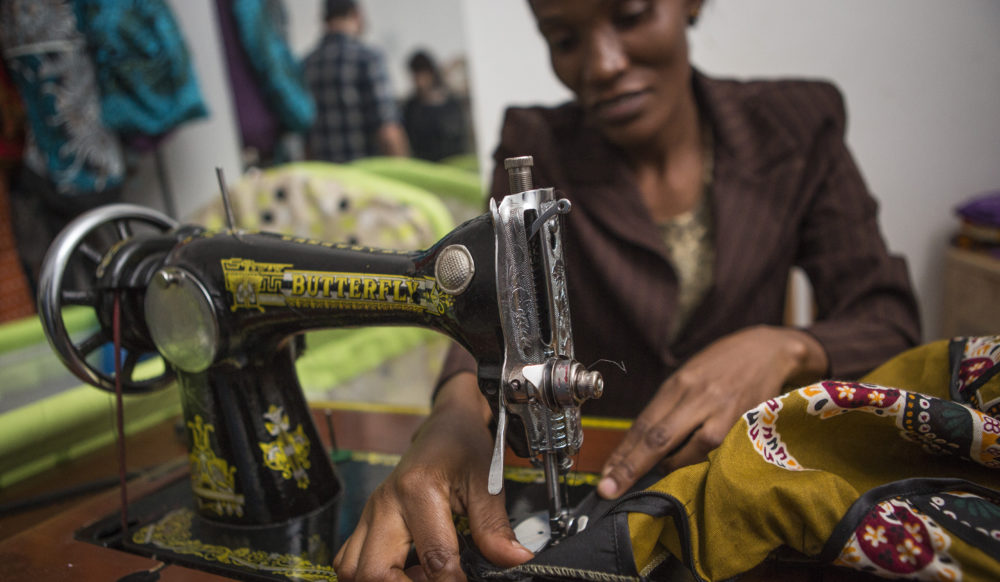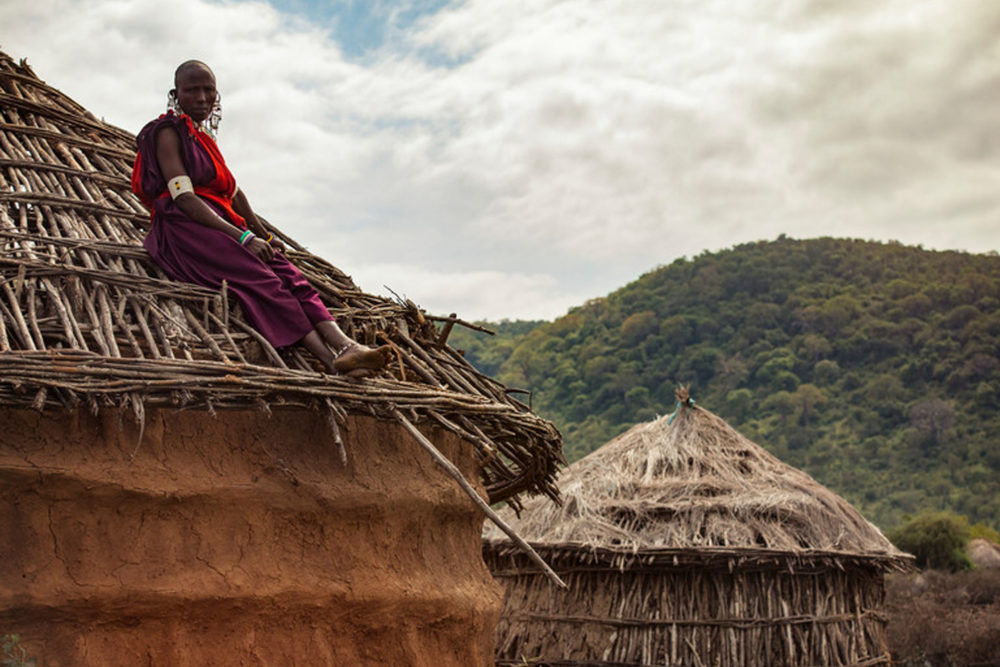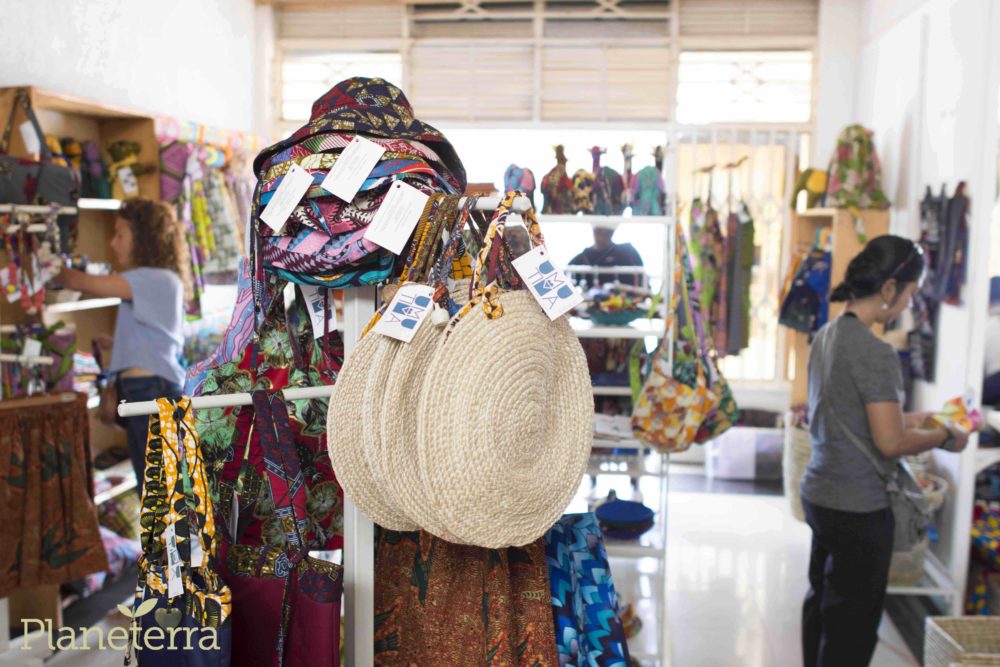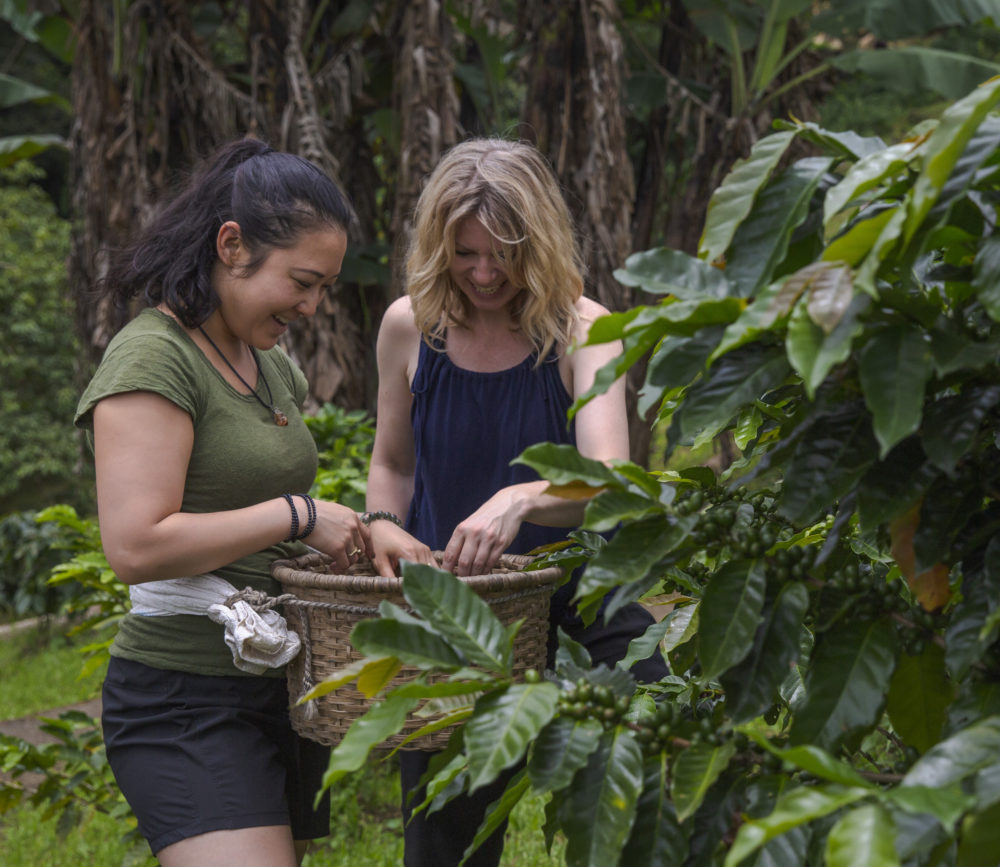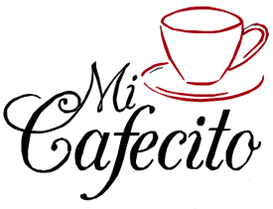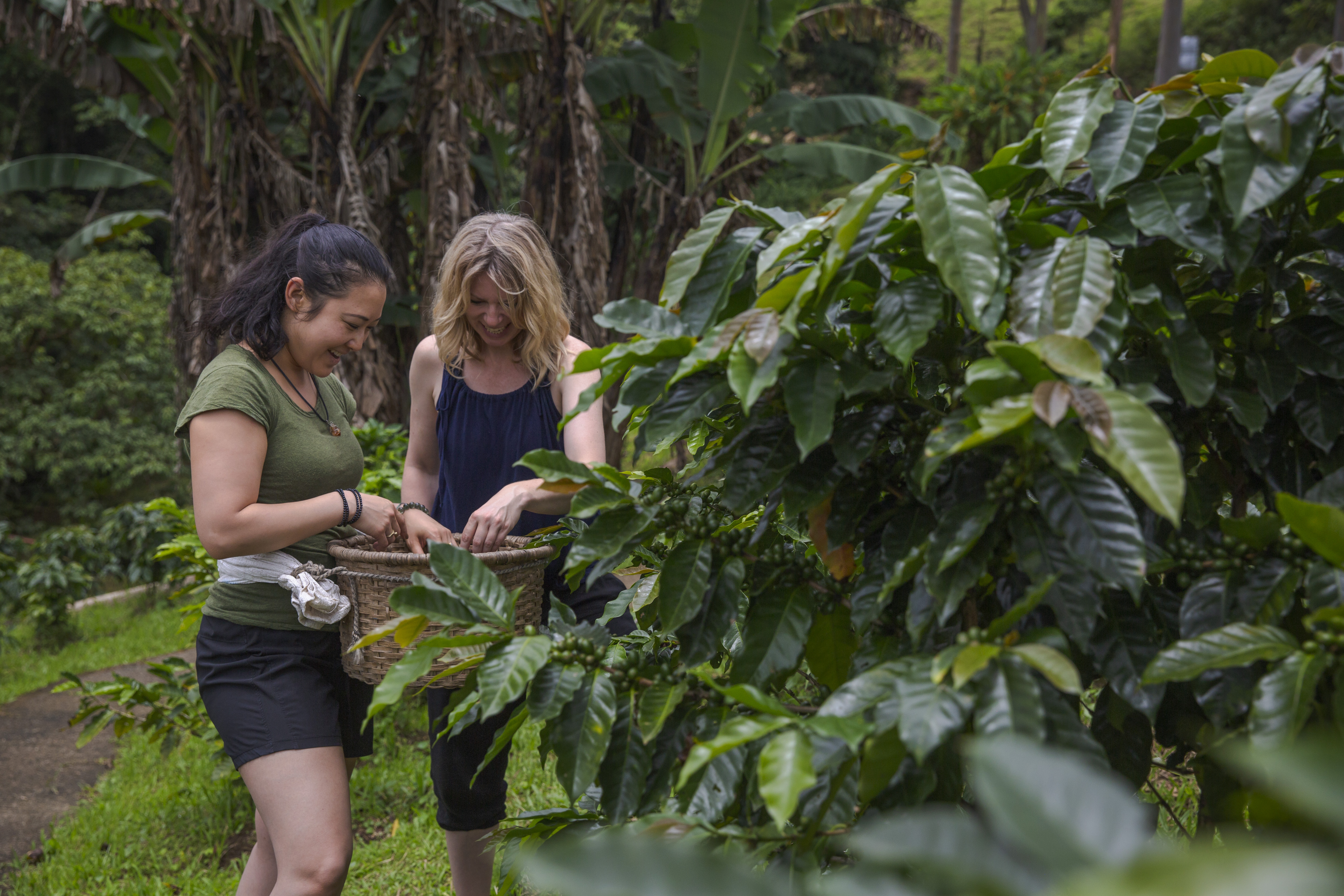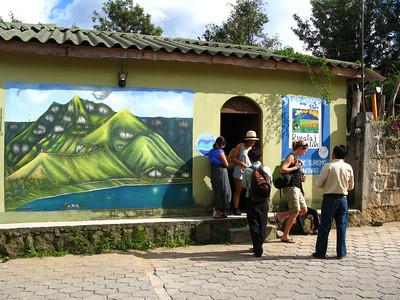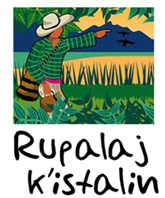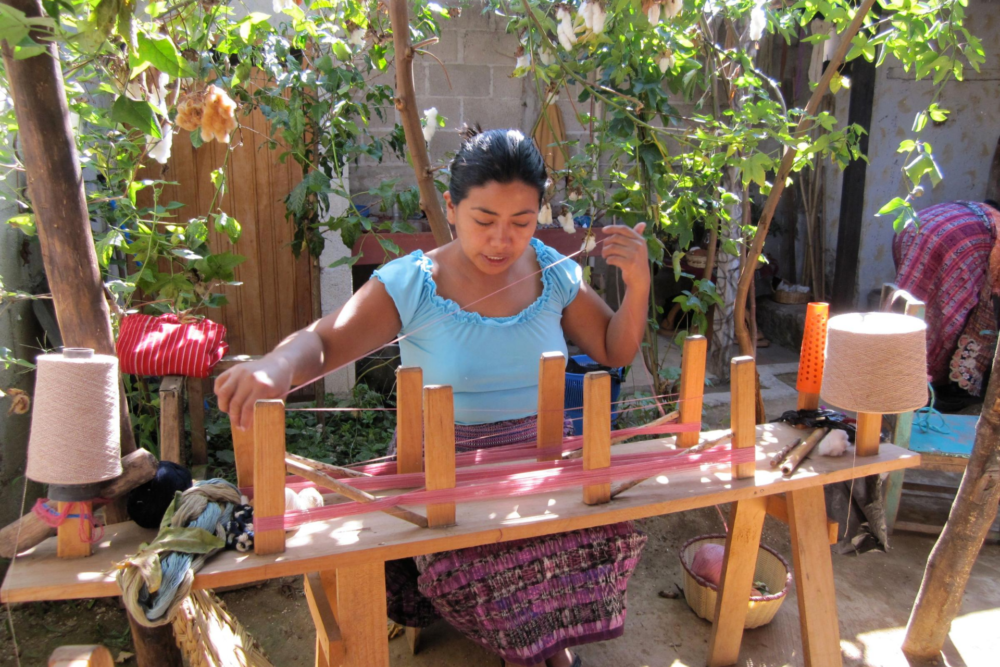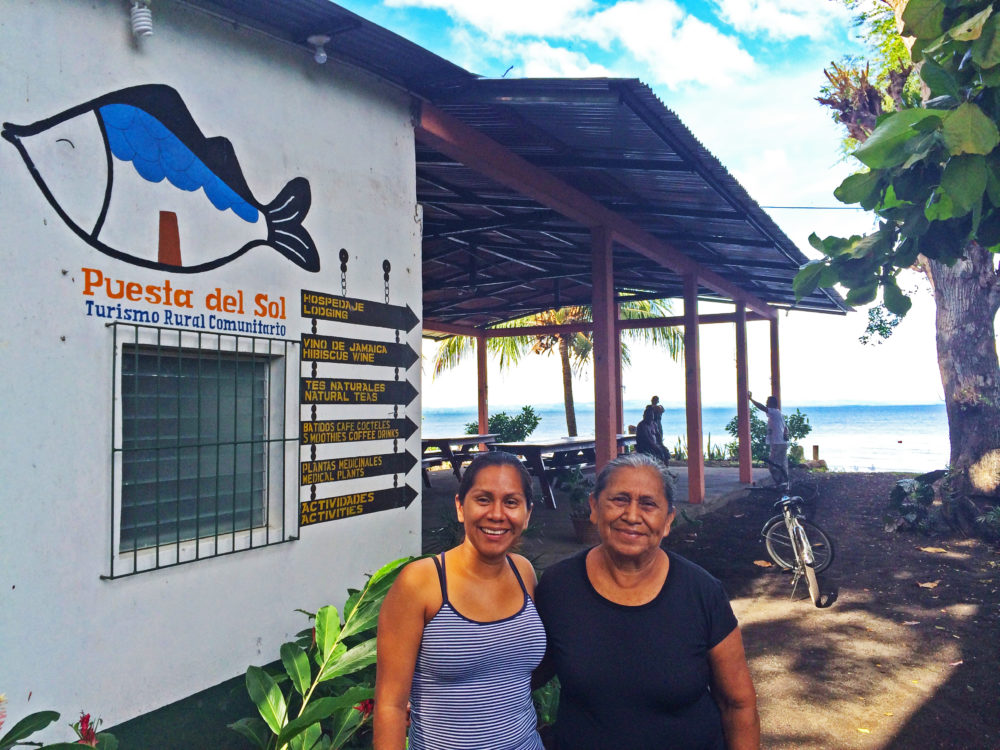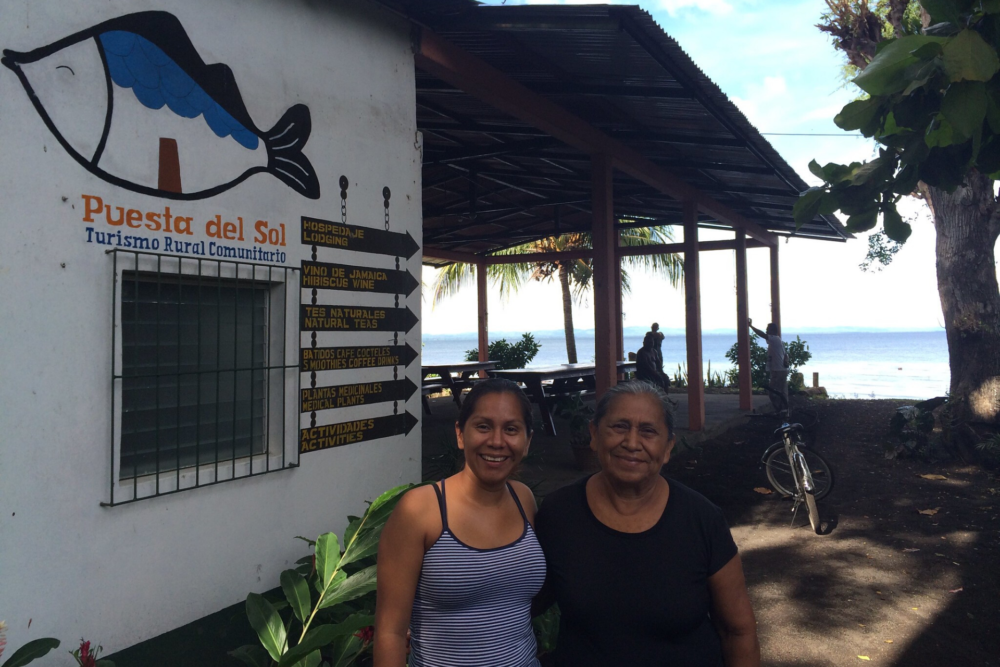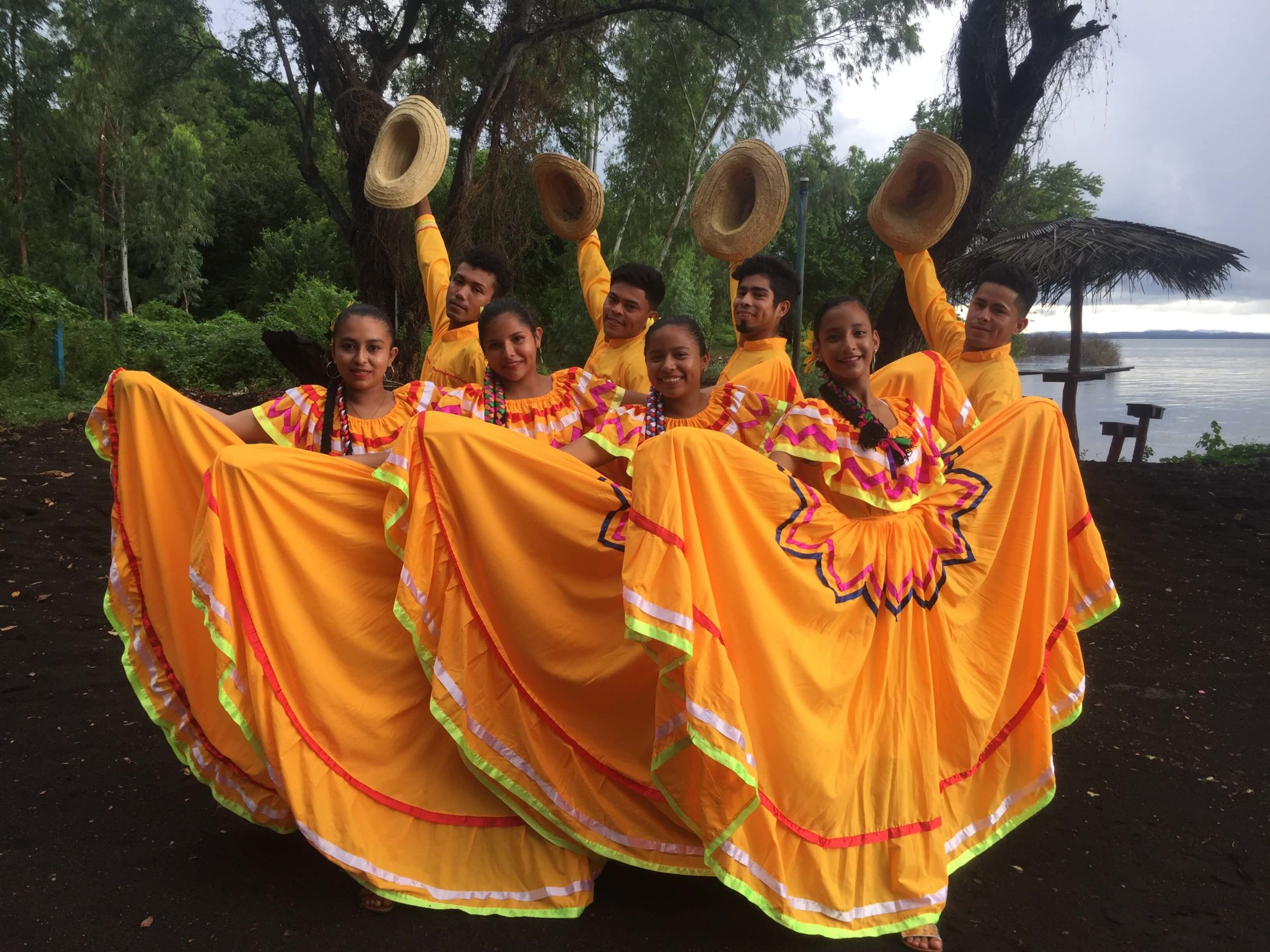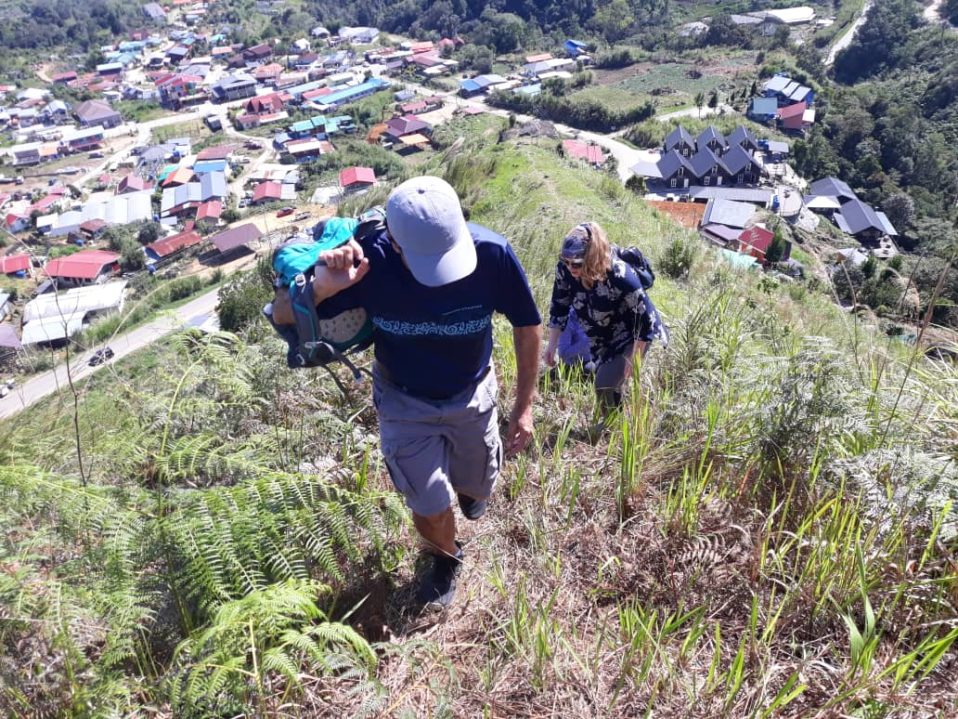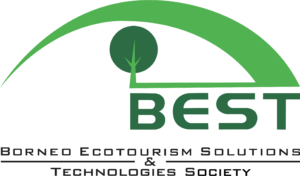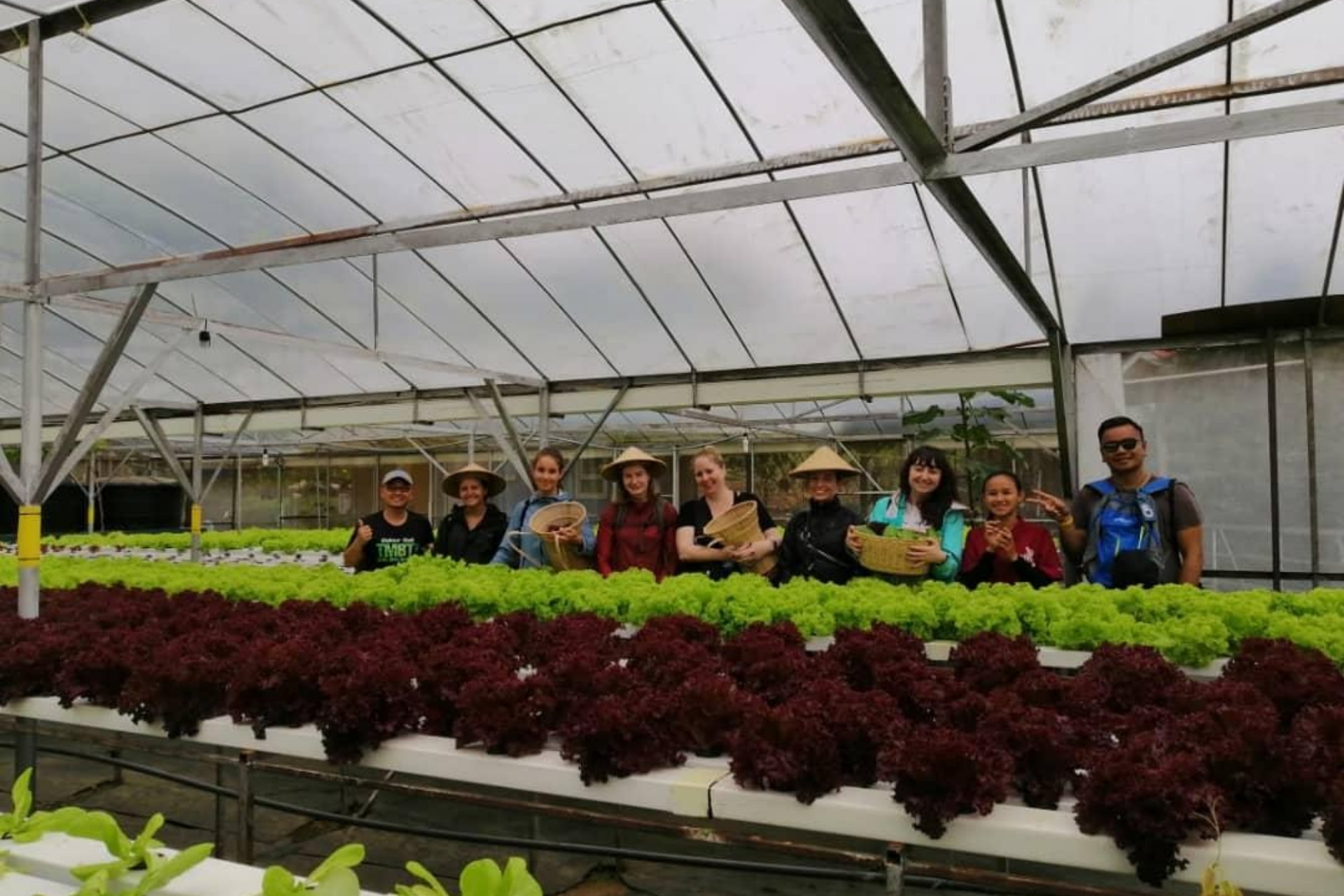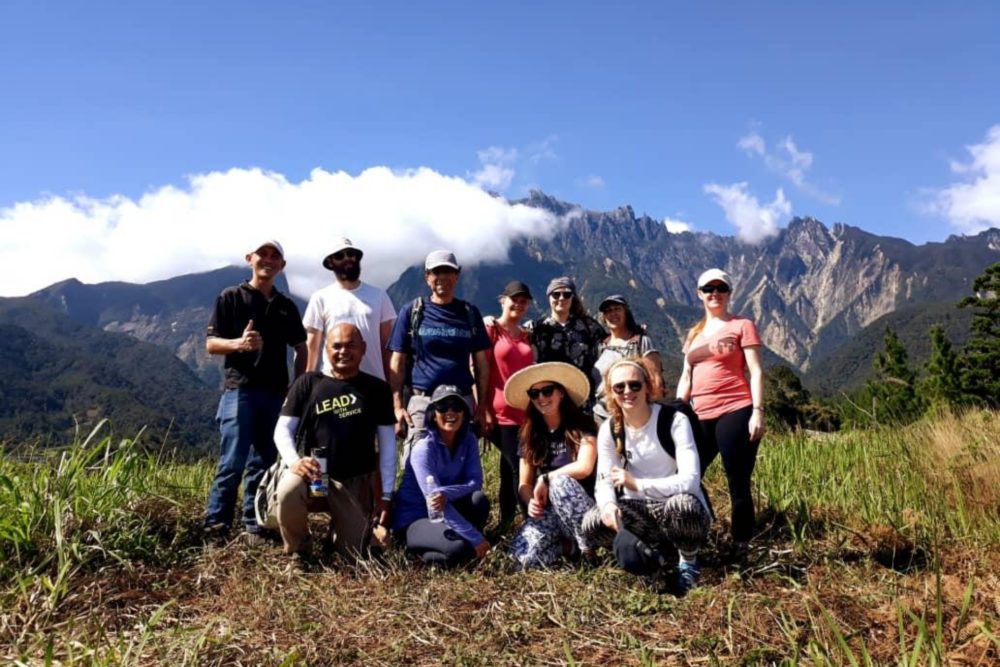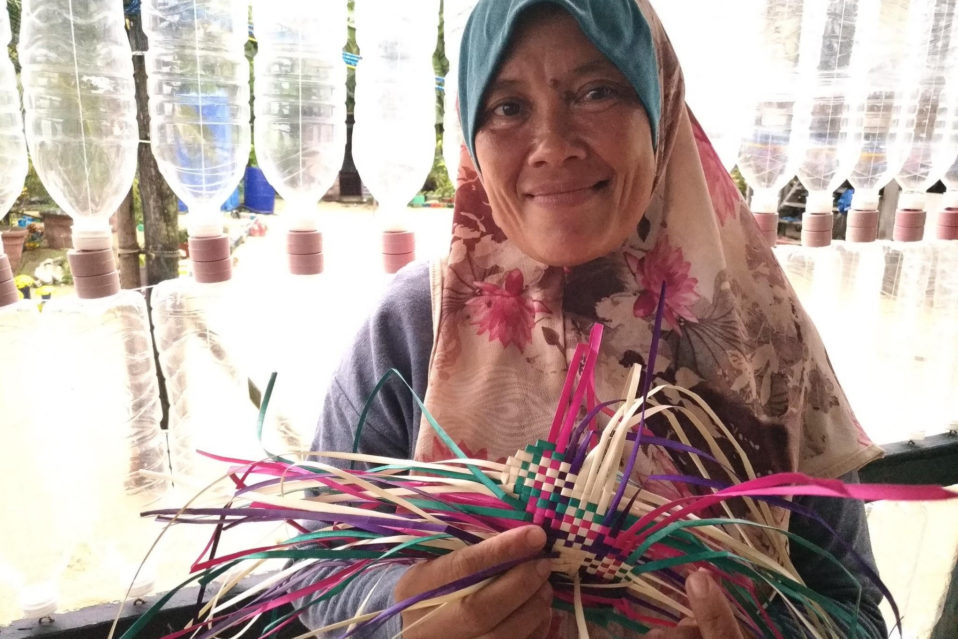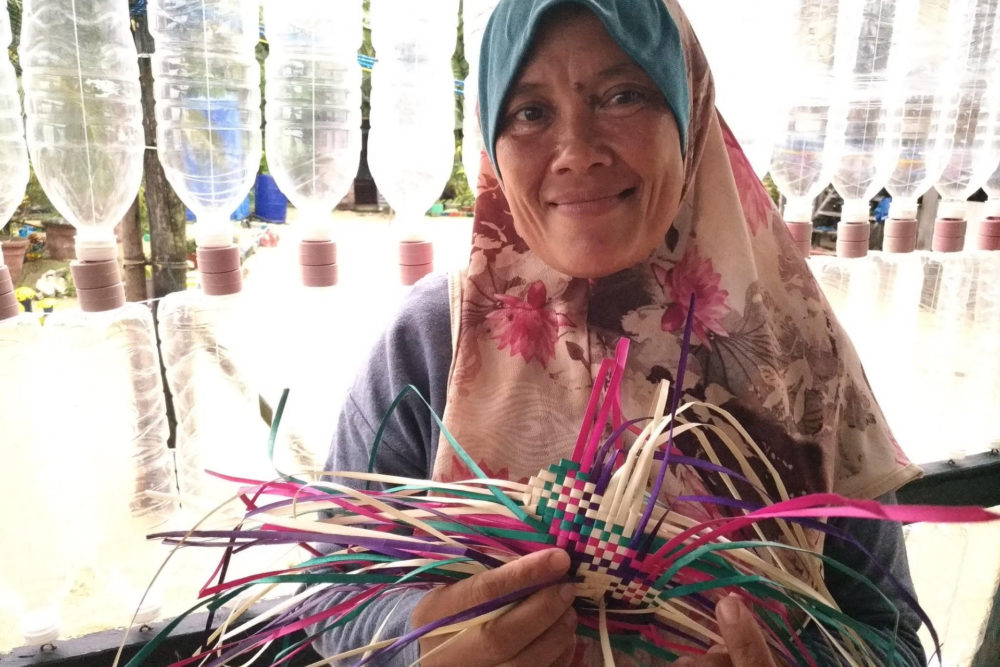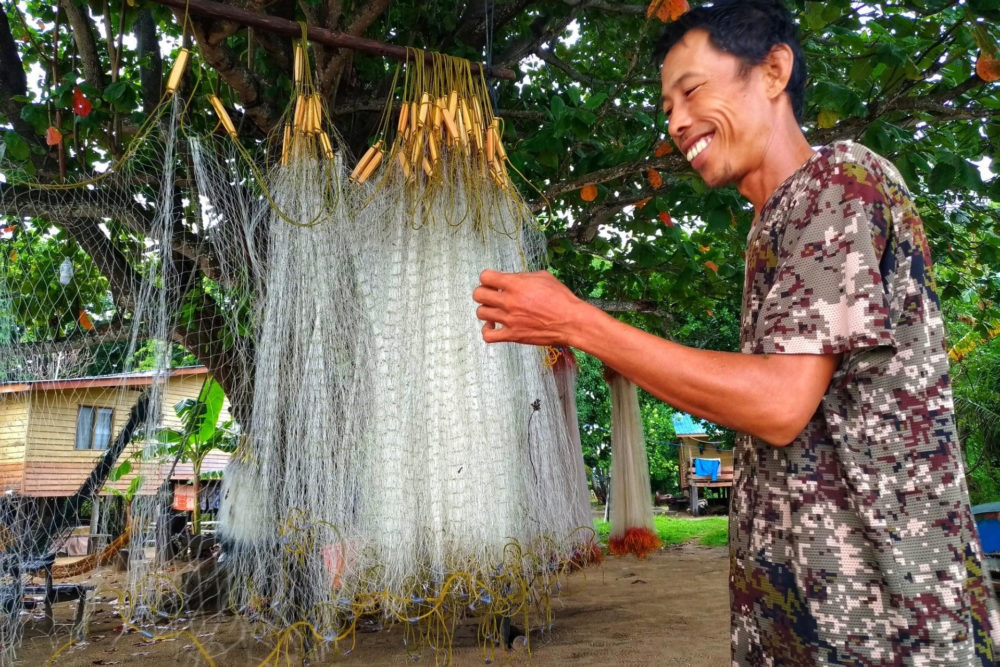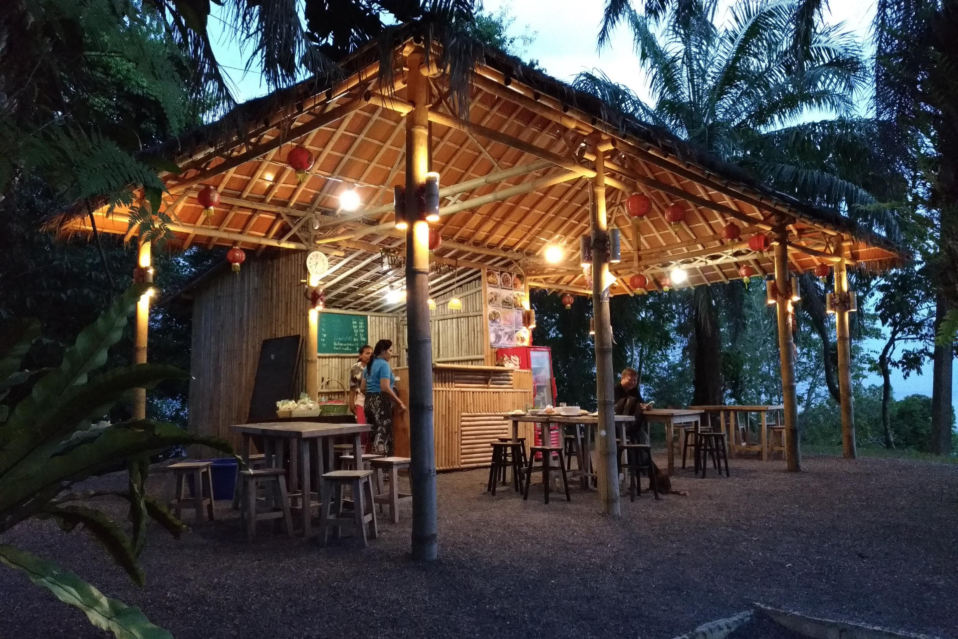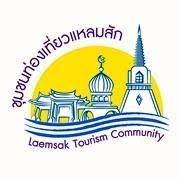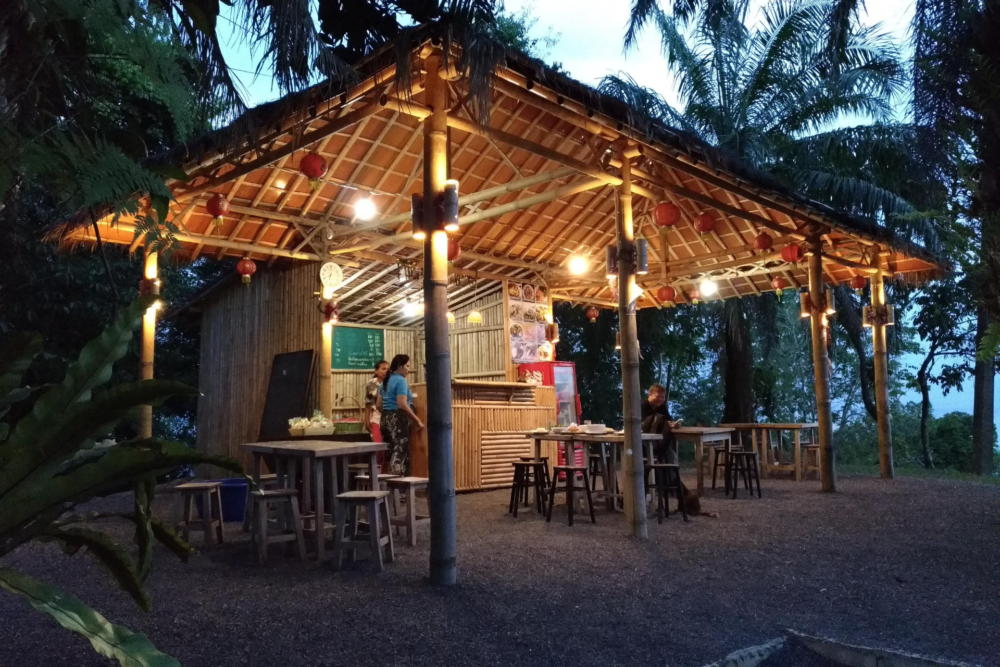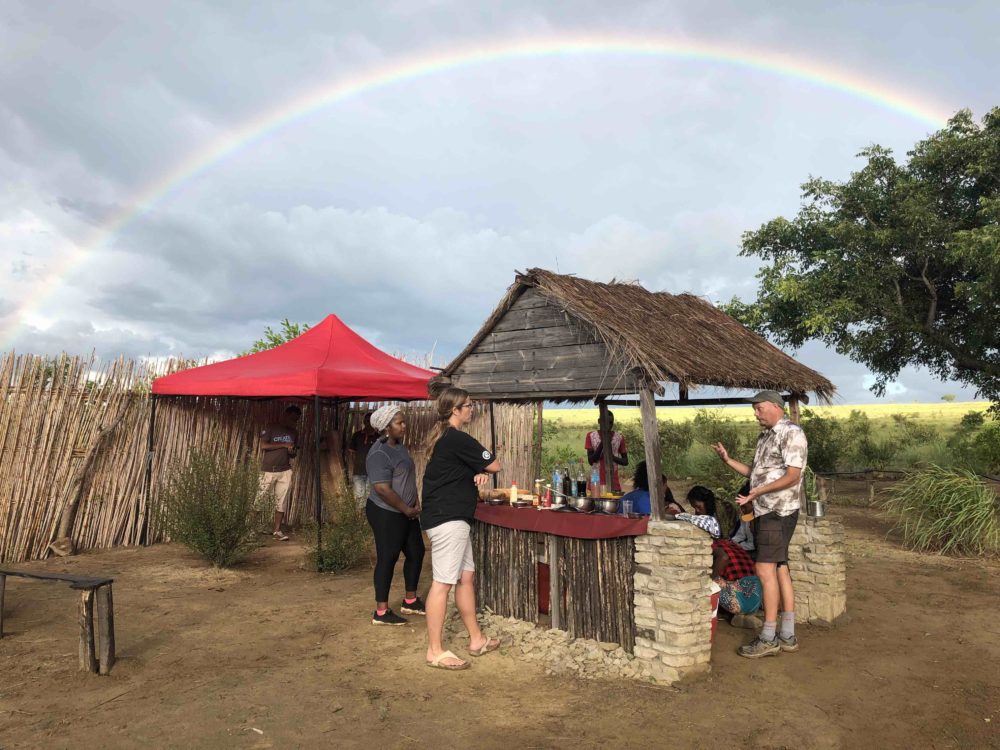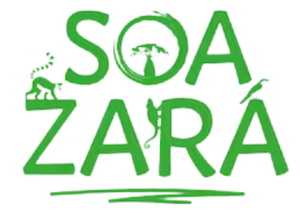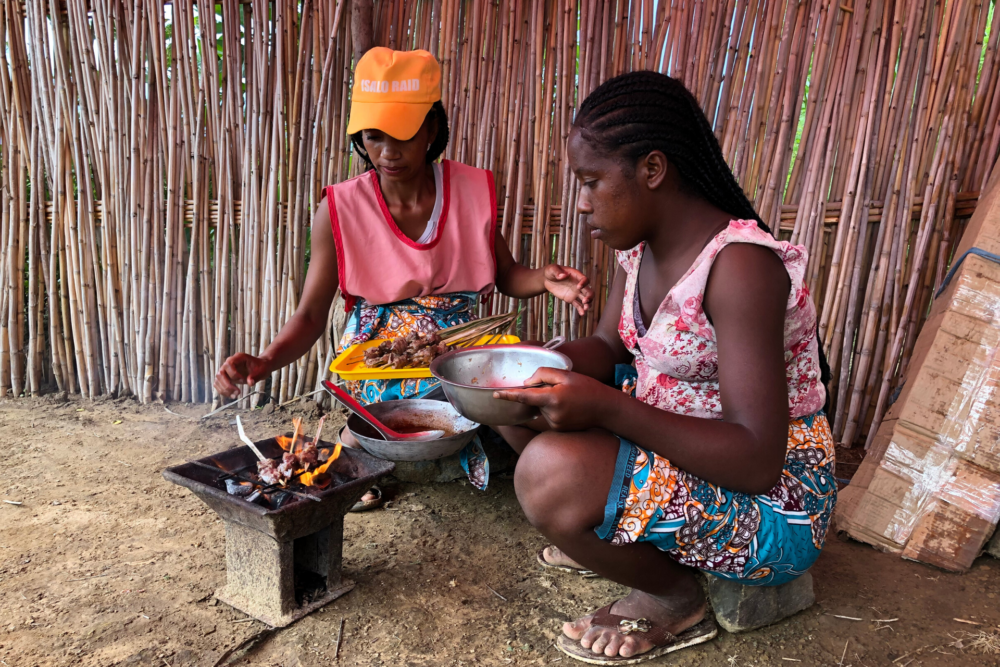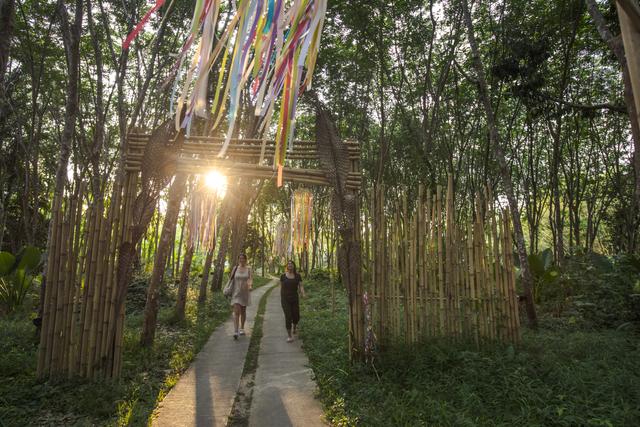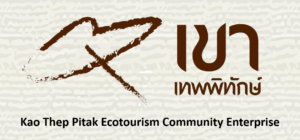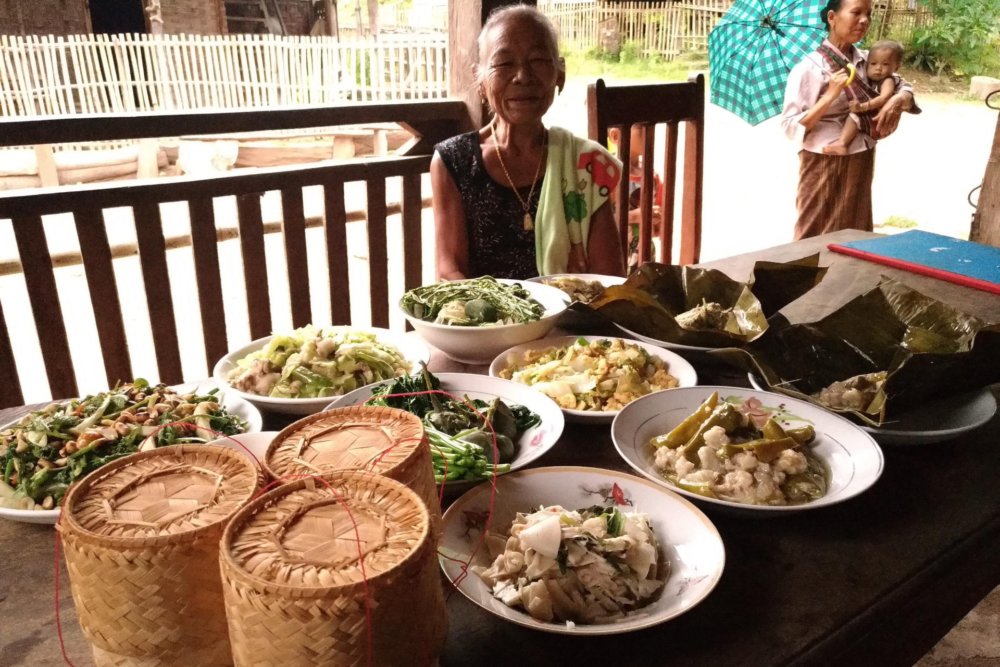Life Monteverde
![]() Monteverde, Costa Rica
Monteverde, Costa Rica

Impact
The majority of conventional tourist destinations displace farming culture. In the case of Monteverde, agrotourism has become an alternative to integrate the best of both economies. Life Monteverde is a local leader for this model of agrotourism. Agrotourism also facilitates commercializing specialty coffee at a fair price for Life Monteverde and 10-12 local coffee growers, which allows for a better wage and social services for seasonal and permanent staff.
Life Monteverde was started by three farming families in 1990, which later grew to create a union of 12 families dedicated to sustainable coffee production, agriculture and education on sustainability. With the growth of the association came the opportunity to benefit the larger community. Today, these 12 families benefit, but so do more than 15 families of permanent staff, more than 40 seasonal workers and the 12-15 neighbouring farms that are also part of Life Monteverde’s coffee production. In addition, 10 more families are involved in a homestay program for study abroad students.
Life Monteverde has a mandate to educate both the local and international community about their work. The organization provides tours free of charge to local school groups, and subsidized tours for Costa Rican university students. They also host thousands of international school groups and visitors each year.

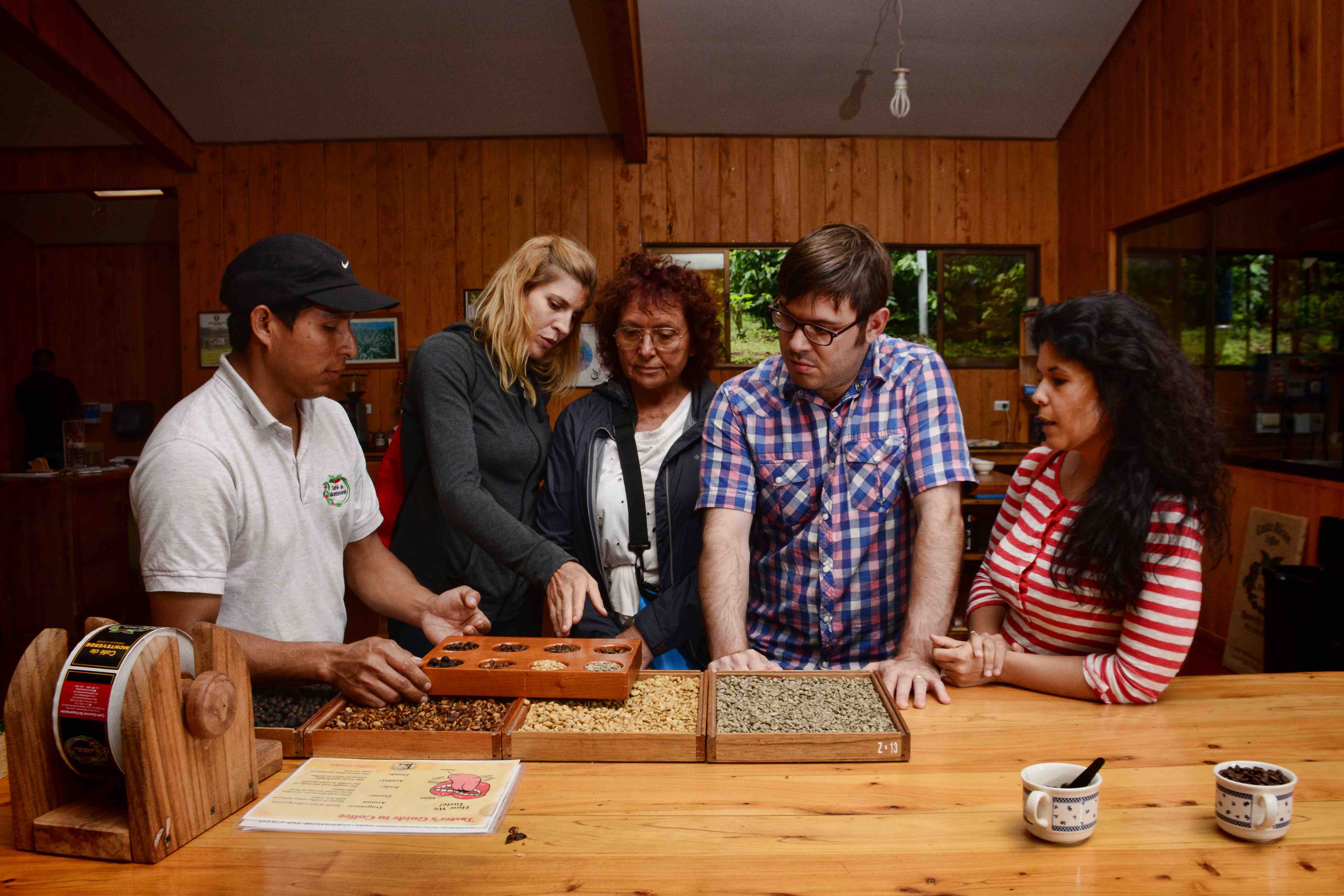
Critical Need
Rampant deforestation in the 20th century left Costa Rican farmers with infertile soil and terrible growing conditions. Recognizing the mistake of this deforestation, the government began implementing policies that encouraged conservation and the preservation of healthy ecosystems in the early 1970s. Later, during the late 80s and early 90s, Costa Rica also promoted a national system of conservation areas, integrating national parks and other protected forests with the surrounding community. As a result, Costa Rica is now known as a global leader in sustainability.
However, climate change threatens to derail the hard work done to encourage organic agriculture, create national parks, and promote ecotourism. There exists a need for grassroots organizations and companies, like Life Monteverde. Life Monteverde works to promote conservation and the preservation of natural resources and educate locals, students and international tourists about the need for sustainable practices.
Our Involvement
Through Planeterra’s partnership, we connected Life Monteverde to travellers who are now able to learn about sustainable practices and farming during their visit. This additional revenue for Life Monteverde has increased their income so they are able to grow their educational programs for local schools and students.
